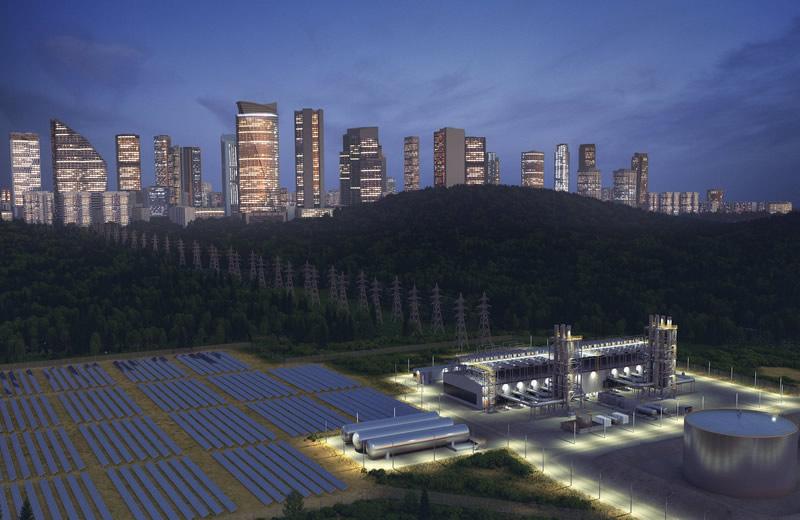Minister of Budget and Economic Planning, Senator Abubakar Bagudu, has restated the country’s dedication to achieving net-zero greenhouse gas emissions by 2060. He made the declaration during a keynote address at the Global South Peer Learning Workshop on Climate Action and Just Energy Transition held in Abuja.
Bagudu highlighted that Nigeria’s Energy Transition Plan (ETP), launched in 2022, remains the nation’s flagship climate policy. The data-driven blueprint, he said, is structured to ensure a fair and equitable shift to clean energy, while addressing the pressing national priorities of poverty alleviation, economic growth, energy access, and job creation.
The Minister emphasized that five sectors—power, transport, cooking, oil and gas, and industry—account for 65% of Nigeria’s emissions and are at the core of the government’s decarbonization strategy. He stressed that Nigeria is implementing a multifaceted approach to slash emissions while bolstering sustainability in these critical areas.
“Decarbonizing the power sector is central to our strategy,” Bagudu declared, noting that Nigeria is investing heavily in renewable energy such as solar and wind, while modernizing the national grid to improve distribution and reliability.
Related articles:
- Constant National grid collapse and search for sustainable energy solutions: Part 1
- Power sector gets boost as FG targets over 11 Million Meters by 2025 – Adelabu
- More German companies considering relocating abroad over high energy costs, says report
On transport, the Minister revealed that the government is aggressively pushing for cleaner fuels and electric mobility. The ongoing Presidential CNG Initiative is already converting mass transit vehicles to run on Compressed Natural Gas, which not only slashes tailpipe emissions but leverages Nigeria’s abundant gas reserves. He also disclosed that President Bola Tinubu’s administration is deploying the first 100 electric buses across major cities, a move that signals a broader shift towards sustainable urban mobility.
Nigeria’s transition also includes a massive rollout of Liquefied Petroleum Gas (LPG) for household energy use, replacing polluting traditional fuels like firewood and kerosene. The government is distributing LPG cylinders and cookstoves while ensuring policies are in place to keep the commodity affordable and accessible for the average Nigerian.
Bagudu underscored the role of institutional reforms in driving the net-zero agenda. He spotlighted the Climate Change Act of 2021 as a game-changer, offering a legal foundation for climate policies and establishing clear carbon budgets, annual emissions targets, and cross-sector coordination through the National Council on Climate Change (NCCC).
He also pointed to recent regulatory overhauls like the Electricity Act 2023, which liberalizes Nigeria’s power sector, enabling state governments and private firms to actively participate in generation, transmission, and distribution. In the oil and gas sector, the Petroleum Industry Act (PIA) 2021 introduces strict anti-flaring measures and mandates gas utilization plans to promote cleaner energy practices.
To ensure effective implementation, the Minister noted that the NCCC and the Energy Transition Inter-Ministerial Working Group are driving coordination at the highest levels of government. He also reiterated that Nigeria is taking its message beyond its borders, pushing for climate justice and fair financing for developing countries on the global stage.
Bagudu concluded by calling on developed nations to honor their commitments under the Paris Agreement by providing financial and technological support to countries like Nigeria. “Climate change is a global challenge, and Nigeria is leading by example,” he said. “But to succeed, we need genuine global partnerships rooted in equity and responsibility.” He added.






